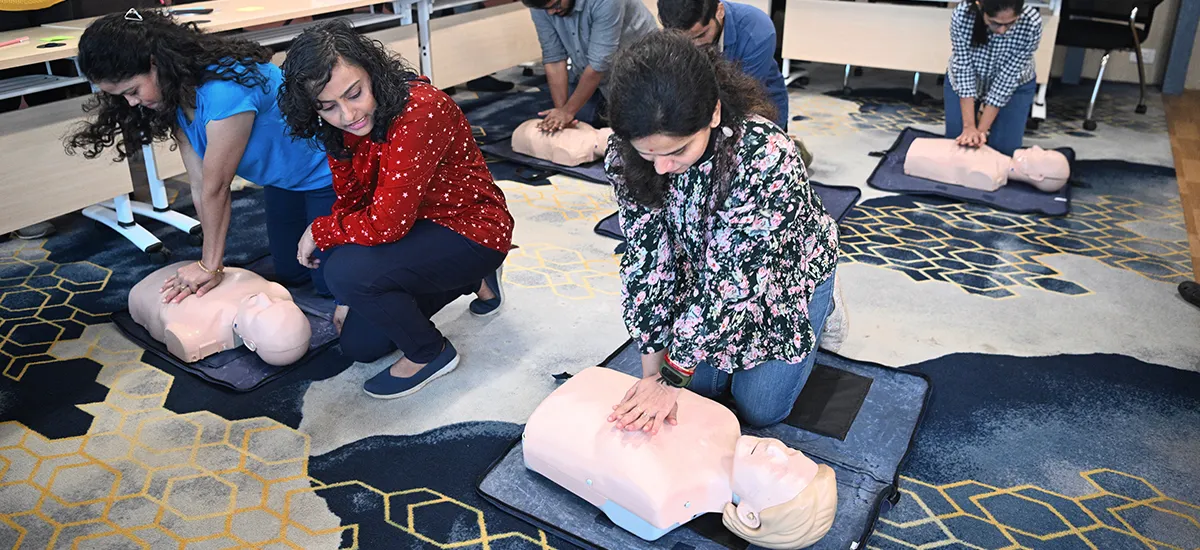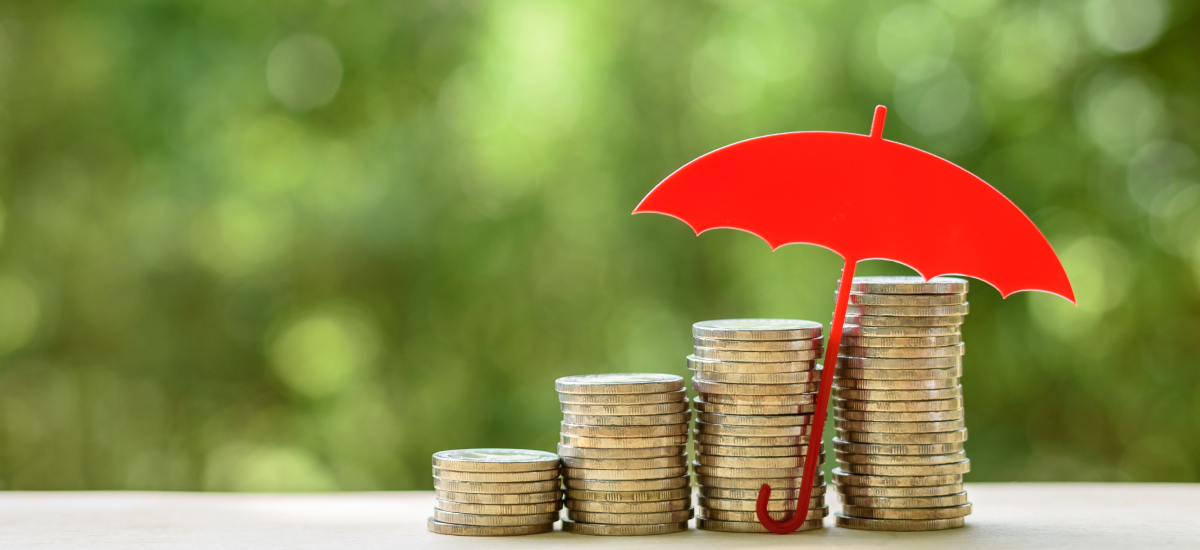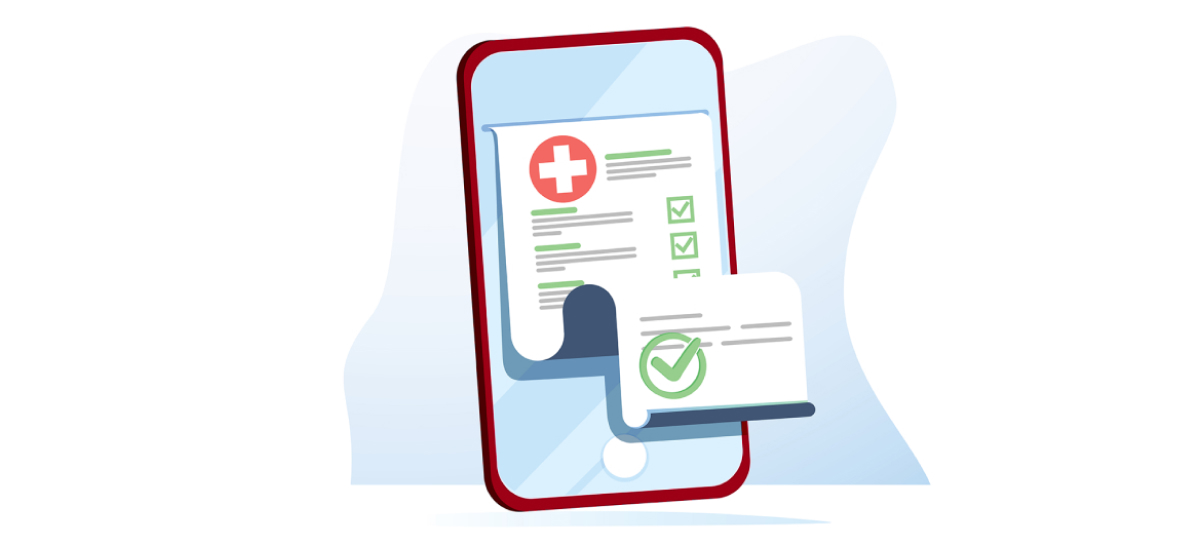Did you know that about 50% of the population in India goes through a heart attack before the age of 55? A heart attack happens when the blood flow to the heart is blocked, and it can be life-threatening. However, acting quickly in such a situation can save a life. But for that, you must first learn to recognize the symptoms and have knowledge about heart attack first aid.
While taking the right steps will help you prevent further damage, the aftermath of the emergency also requires attention. Medical treatments have become increasingly expensive. So, it is where health insurance comes in to help you manage the cost of long-term care after a heart attack. Let's dive in further to understand how first aid can be provided to a person suffering from a heart attack.
Essential First-Aid Steps for a Heart Attack
Recognising a heart attack at the right time will make all the difference in saving a life. Common signs of a heart attack include chest pain, shortness of breath, and discomfort in the arm, neck, or jaw. If you notice these symptoms, you should start taking immediate steps for first aid for cardiac arrest. Every second counts in this situation. So, here are the heart attack first aid steps you need to know -
- Call for Emergency Help:
You need to call emergency services immediately. Do not waste your time panicking, and make the call first. It will increase the chances of getting medical help faster, hence the patient's survival.
- Help the Person to Rest:
There is a common notion about laying a heart attack victim down. In reality, it worsens the situation. Instead, make the person sit upright, reducing the heart's workload and making breathing easier.
- Give Aspirin if Available:
If an aspirin is available, make the patient chew it and not swallow as chewing will increase its absorption. Besides, aspirin will slow down any blood clotting in the heart and prevent further damage.
- Reassure and Monitor:
The most important step is for you to stay calm, as a heart attack is scary, and a calm situation can be helpful. Keep a close watch on the breathing rate of the patient and be ready for first aid for cardiac arrest if the person loses consciousness.
- Providing CPR:
If someone stops breathing, then CPR in cardiac arrest becomes important. Push hard and fast in the centre of the patient's chest. Do at least 100-120 compressions per minute as part of CPR in cardiac arrest. You can also give 2 rescue breaths between 30 compressions. This sudden cardiac arrest and first aid will play a life-saving part in the victim's life.
Did you know that many heart attacks occur at home? Knowing first aid for a heart attack at home is so important. Cashless health insurance can also ease the stress of immediate medical expenses during such emergencies. So, you can focus on helping the patient while critical illness insurance will cover the long-term costs of medical care.
Importance of Health Insurance during Emergencies
Heart attack demands immediate as well as long-term medical attention. The high cost of medical treatment can be overwhelming. So, in times like these, health insurance, especially critical illness insurance, becomes important. These policies help to cover treatment costs and give you much-needed peace in times of stress.
What becomes more frustrating is managing expenses when a loved one suffers from a heart attack. So, by getting cashless health insurance, you can get immediate medical attention without worrying about upfront payments. You can focus on taking care of the patient while these policies ensure that the patient gets faster treatment. In turn, it also increases the chances of a faster recovery for the patient.
Choosing a reputable insurance company is as crucial as having health insurance for cardiac emergencies. It is important because a reputed company performs better when it comes to claim settlement and other important aspects. Generali Central offers you the best health insurance covering medical emergencies like cardiac arrest. The FG DIY health insurance even offers customization.
Staying informed about how to stop heart disease is important for everyone. Many lifestyle changes can help people prevent a heart attack in the first place. For example, regular exercise, a healthy diet, and managing stress play a big role in preventing cardiac arrest. However, it's also important to be prepared for emergencies. That's where health insurance for heart-related events becomes invaluable.
Health insurance gives you peace of mind and helps you focus on what matters. In a heart attack, acting quickly can save lives, and knowing first aid is crucial. Take steps to protect both your heart and your finances.























